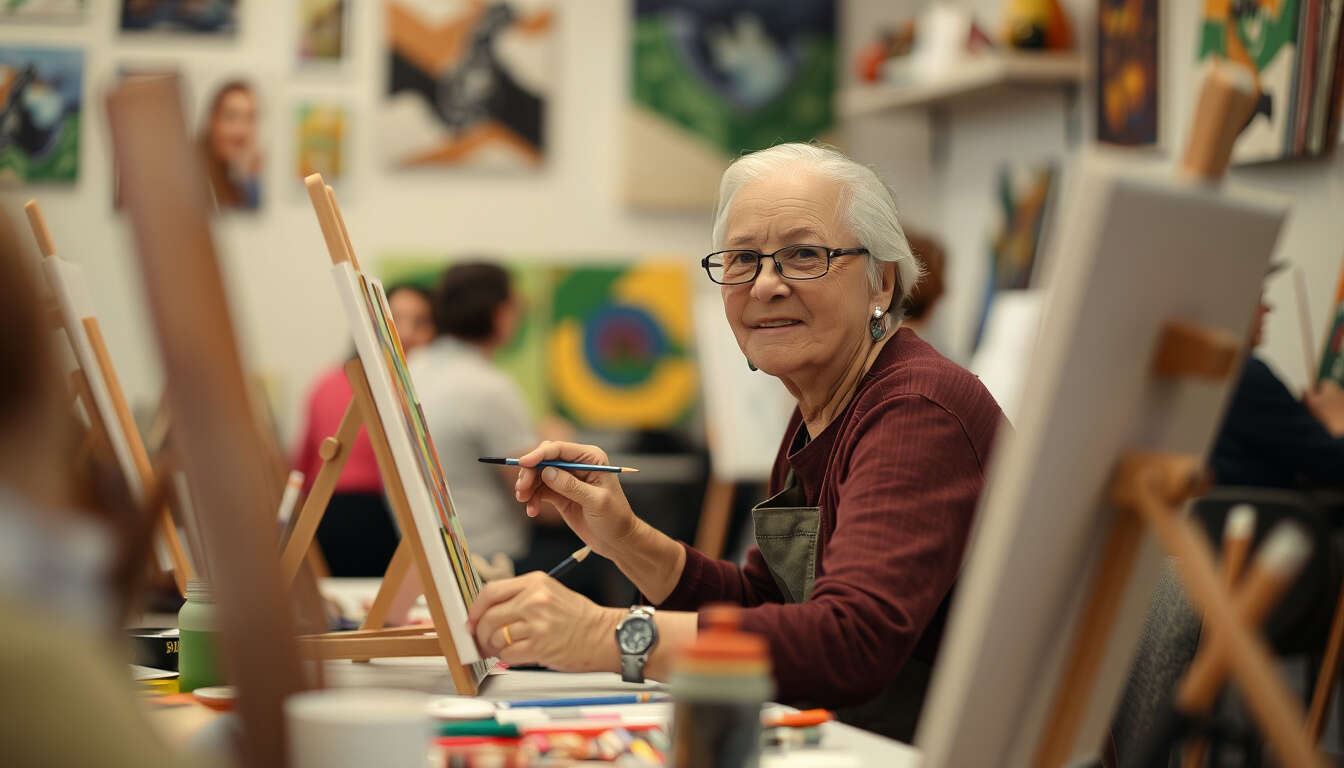Creative Hobbies as a Pathway to Overcoming Social Phobia
 by Marlene Keeling
by Marlene Keeling
Discover how engaging in creative hobbies can help build social skills and ease the challenges of social phobia. This approach offers practical ways to address fear of judgment and boost confidence in everyday interactions.

Social phobia can make everyday interactions feel overwhelming, often leading to emotional challenges that affect personal growth. For many, creative hobbies serve as a gentle way to start building social skills. These activities provide a low-pressure environment where individuals can connect with others without the immediate intensity of direct conversation.
One common issue is the fear of judgment, which can cause people to withdraw from social situations. This avoidance behavior might seem protective, but it often deepens feelings of low self-esteem. By turning to social skills development through hobbies like painting or writing groups, individuals can take small, manageable steps toward change. For instance, joining a local art class allows for gradual exposure to group settings, helping to reduce anxiety over time.
Coping mechanisms play a key role in managing social phobia. Creative hobbies offer a form of therapy that encourages expression and self-discovery. Options such as cognitive behavioral therapy can complement these activities, focusing on reframing negative thoughts. In a supportive group for photography enthusiasts, participants might share their work, which fosters connections and builds confidence through shared interests.
Exposure techniques are essential for progress, and creative hobbies make them more approachable. Starting with online communities or small in-person gatherings can ease the transition. For example, attending a crafting workshop provides a structured way to interact, turning potential discomfort into positive experiences. Over time, these steps can lessen the impact of social phobia on professional life, such as networking events or team meetings.
To make this practical, consider incorporating hobbies into daily routines:
- Begin with solo activities like drawing to build comfort before group involvement.
- Gradually join community classes to practice interactions.
- Track progress in a journal to see improvements in self-esteem.
The effects of social phobia extend to personal relationships, where avoidance can lead to isolation. Engaging in creative pursuits helps counteract this by creating opportunities for meaningful connections. As skills develop, individuals often find that their confidence grows, making social settings less intimidating.
Ultimately, by consistently practicing these strategies, many people experience lasting improvements. Creative hobbies not only aid in overcoming emotional barriers but also enrich life with new passions and relationships.
